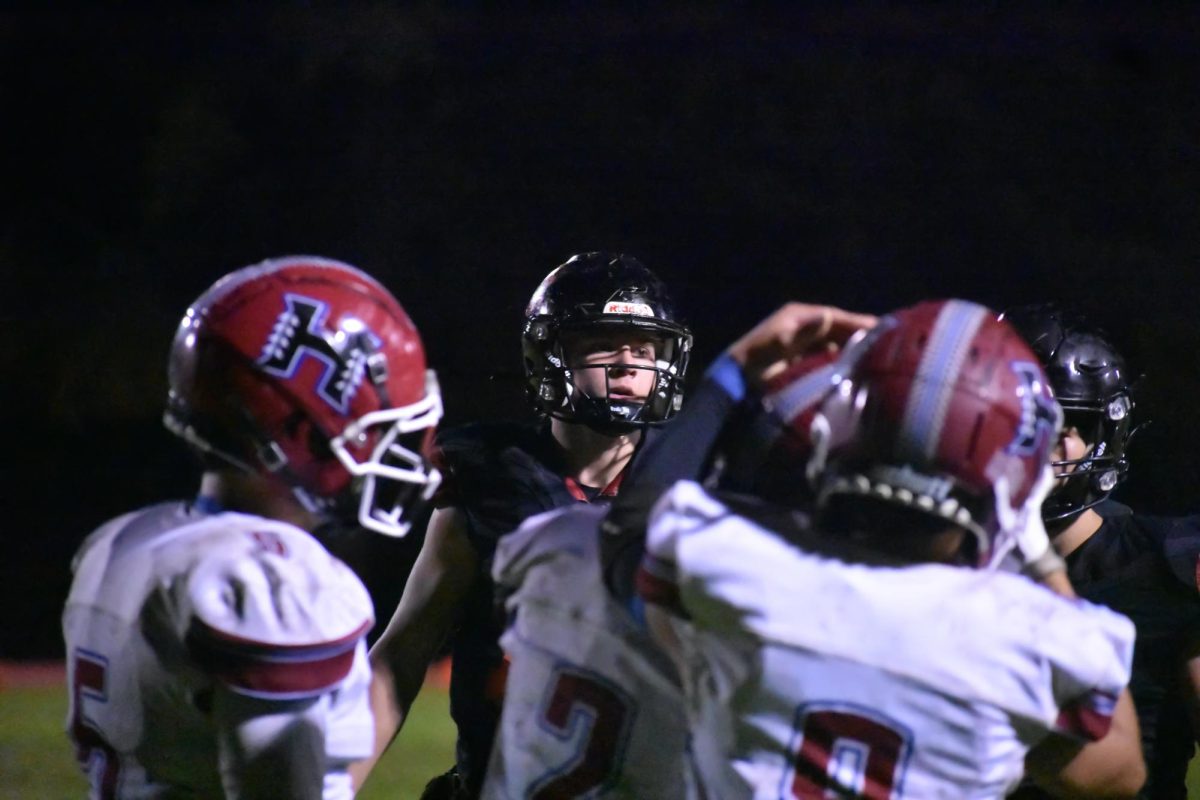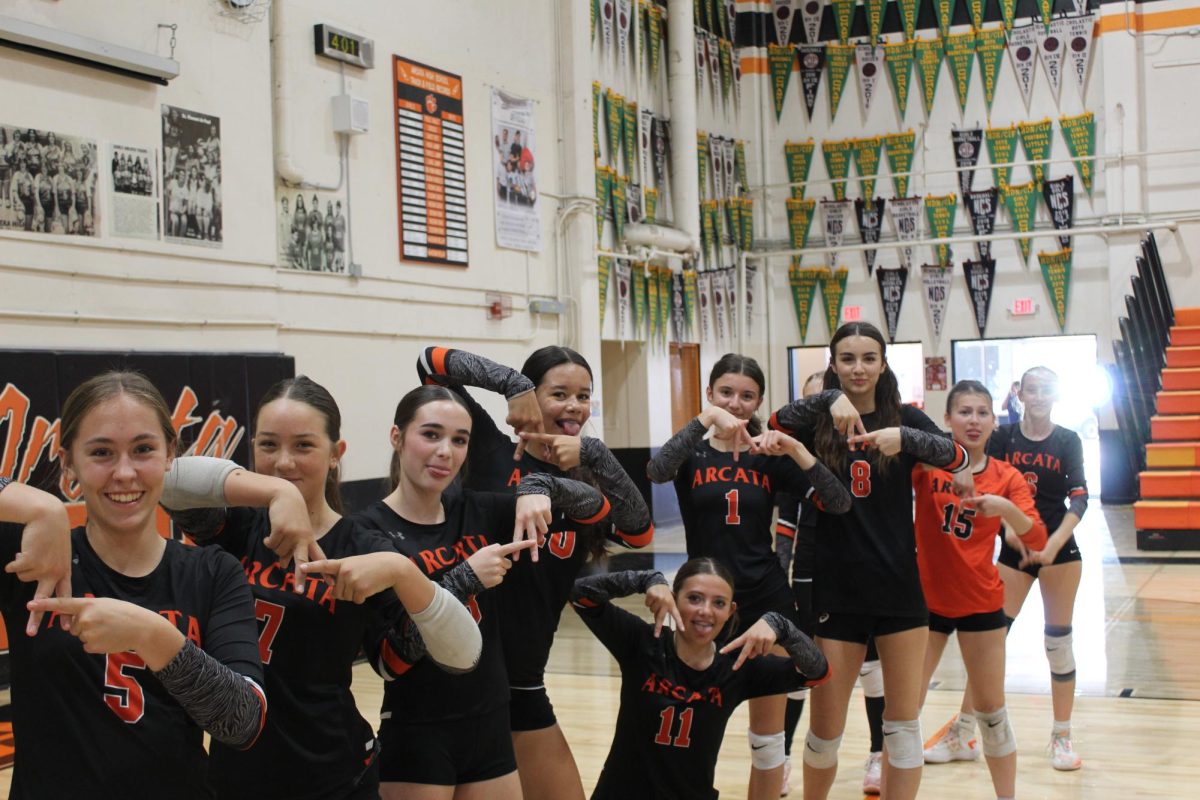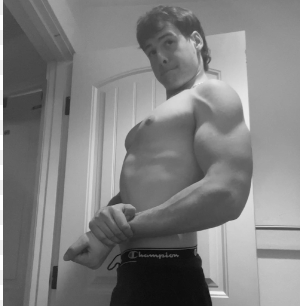Pressure to achieve the elusive “beach-ready body” increases as summer approaches. While the concept has been around for decades, today’s version carries a different kind of weight amplified by the online space filled with fitness content, diet hacks, and perfectly sculpted physiques.
Social media presents a double-edged sword. On one side, informed influencers can inspire younger generations to achieve healthier lifestyles, avoid bad habits, and set reasonable expectations. On the other hand, it can fuel unrealistic expectations, crash diets and mental health struggles.
Humboldt has a large fitness community. Students regularly go to the gym, for a variety of different reasons. Some aim to be powerlifters, bodybuilders or aid them in their sport, while some simply want to feel better in their own skin.
“I think everyone feels pressure from social media,” senior Liam Gorona said. “You look at fitness influencers and you see what they post on Instagram– it’s completely different from real life because they always have a pump, perfect lighting, perfect angles. They edit their stuff.”
Senior Vladislav Volkov echoed the sentiment, “You go on social media and see a 15-year-old benching 500 pounds. It’s like what’s the point. There is always a 15-year-old bigger than you.”
“Definitely, yeah, that’s the main pressure,” junior Taj Stephens said. “Comparison is the thief of joy.”
Despite the challenges, many students have undergone transformations since attending the gym. Some focus on putting on mass, but most are trying to lean out and improve their health.
“It feels better,” Volkov said. “Like, my cardio is so much better. Like I can, actually walk upstairs. And sh*t, you know it’s not that much weight, but I feel much healthier physically and mentally.”
Still, the pressure to look a certain way can lead students down unhealthy paths. “It works, but it’s just like, I don’t like being hungry,” Volkov said.
Some behaviors, while commonplace in the gym such as counting calories and strictly reducing your food intake, can seem extreme to outsiders. “I guess that’s not normal for normal people,” said Gorona, “and that’s normal in the fitness industry. But I think some people look at it, and it’s like, oh, you have an eating disorder. It’s like, no, I just have goals for this. Like, it’s hard, but overall… If you don’t want it bad enough, you want that f*cking cookies or you want that cake more than you want to be lean and that’s just a personal choice.”
